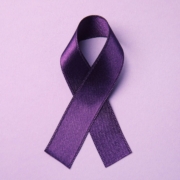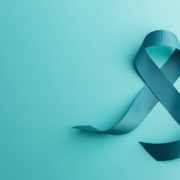What to do if You Need Protective Order
An Order of Protection is a court order made in writing which prohibits, by law, further abusive behavior. Victims of domestic violence can use this to take a step toward protecting themselves against their abuser.
Depending on the jurisdiction, these orders may be called by different terms. They may also be referred to as restraining orders or no contact orders. In any event, an order of protection requires the abuser to stay away from the victim and limits other forms of access. If the order is violated by the abuser, they can face substantial legal consequences.
How to Obtain an Order of Protection
There are several ways to go about obtaining an order of protection. First, you can either contact the state, the district attorney or inform the police that you wish to apply for the order of protection. You also have the option to go to the county in which your abuser resides, and request that court for an “Order of Protection” form to fill out.
When the paperwork is filed, a hearing date will be set, typically within a few weeks, where you will be required to appear. During the hearing you will be asked to describe your situation and prove you have experienced abuse or been threatened with violence. Oftentimes, witnesses, police reports, hospital and physician reports and evidence of physical abuse or assault are necessary for the judge to issue the order of protection.
Functions of the Order of Protection
Once the order of protection has been granted, it serves a variety of functions. The basic mandate is for the named abuser to stay away from the victim’s place of residence and employment. It prohibits any type of direct contact from the abuser, including in person contact, phone calls, mail, email, social media contact or other immediate forms of communication. It can also prohibit contact through a third party. Protective orders can also address domestic issues. If the parties share a home, the protective order can force the abuser to vacate.
If the protective order is made permanent, it may include additional safeguards and instructions. This could be banning the abuser from owning a firearm or ammunition. If the abuser violates any order contained within the legal mandates, they may face additional legal penalties.
Seek Professional Assistance
If you believe you require an order of protection, you should contact a professional immediately. Erin Masters and Anthony Joseph have extensive experience in handling domestic abuse matters. At Masters Law Group, we’re focused on solving problems and achieving the best possible results for all clients. We will ensure that your best interests are protected always. Contact us here today to set up a virtual consultation.






